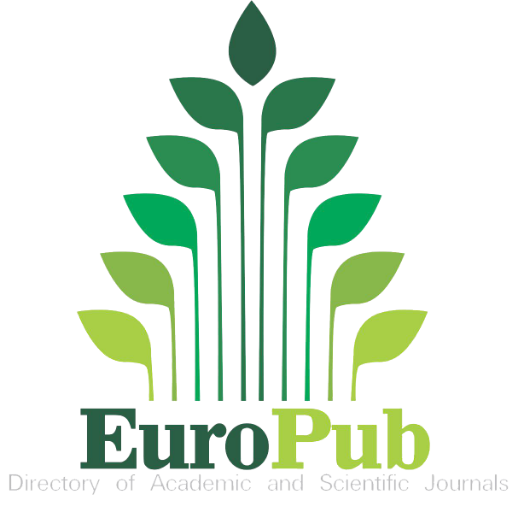Delian Modes: Listening for Delia Derbyshire in Histories of Electronic Dance Music
DOI:
https://doi.org/10.12801/1947-5403.2017.09.01.01Keywords:
Delia Derbyshire, BBC Radiophonic Workshop, electronica, feminist histories, archival practice, music blogging, music journalism, hauntology, fan studiesAbstract
This paper examines the work of English composer and sound designer Delia Derbyshire (1937-2001) in the context of histories of EDM and historical accounts of women in electronic music. Examining the media discourse around Derbyshire, whose reputation has grown significantly since her death, I consider how Derbyshire has come to be regarded posthumously as both a pioneering electronic composer and a forerunner of dance music and electronica in the UK. I consider how these identities are related to her gender, and how gender is constructed and expressed in the discourse around her life and work, with reference to the musical-critical phenomenon of hauntology.
Downloads
Published
14-Nov-2017
Issue
Section
Feature Articles
License
Authors who publish with this journal agree to the following terms:- Authors retain copyright and grant the journal right of first publication with the work simultaneously licensed under a Creative Commons Attribution-Noncommercial-Share Alike License that allows others to share the work with an acknowledgement of the work's authorship and initial publication in this journal.
- Authors are able to enter into separate, additional contractual arrangements for the non-exclusive distribution of the journal's published version of the work (e.g. post it to an institutional repository or publish it in a book), with an acknowledgement of its initial publication in this journal. Such derivate works or subsequent publications must happen no less than one calendar year after the initial publication date in Dancecult.
- Authors are permitted and encouraged to post their work online (e.g. in institutional repositories or on their website) prior to and during the submission process, as it can lead to productive exchanges, as well as earlier and greater citation of published work (See The Effect of Open Access).






